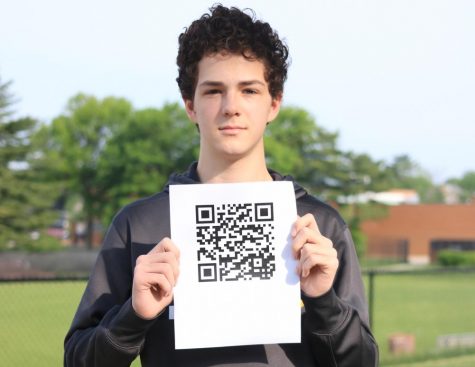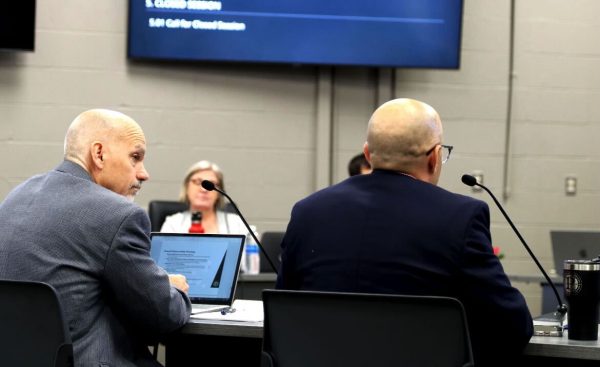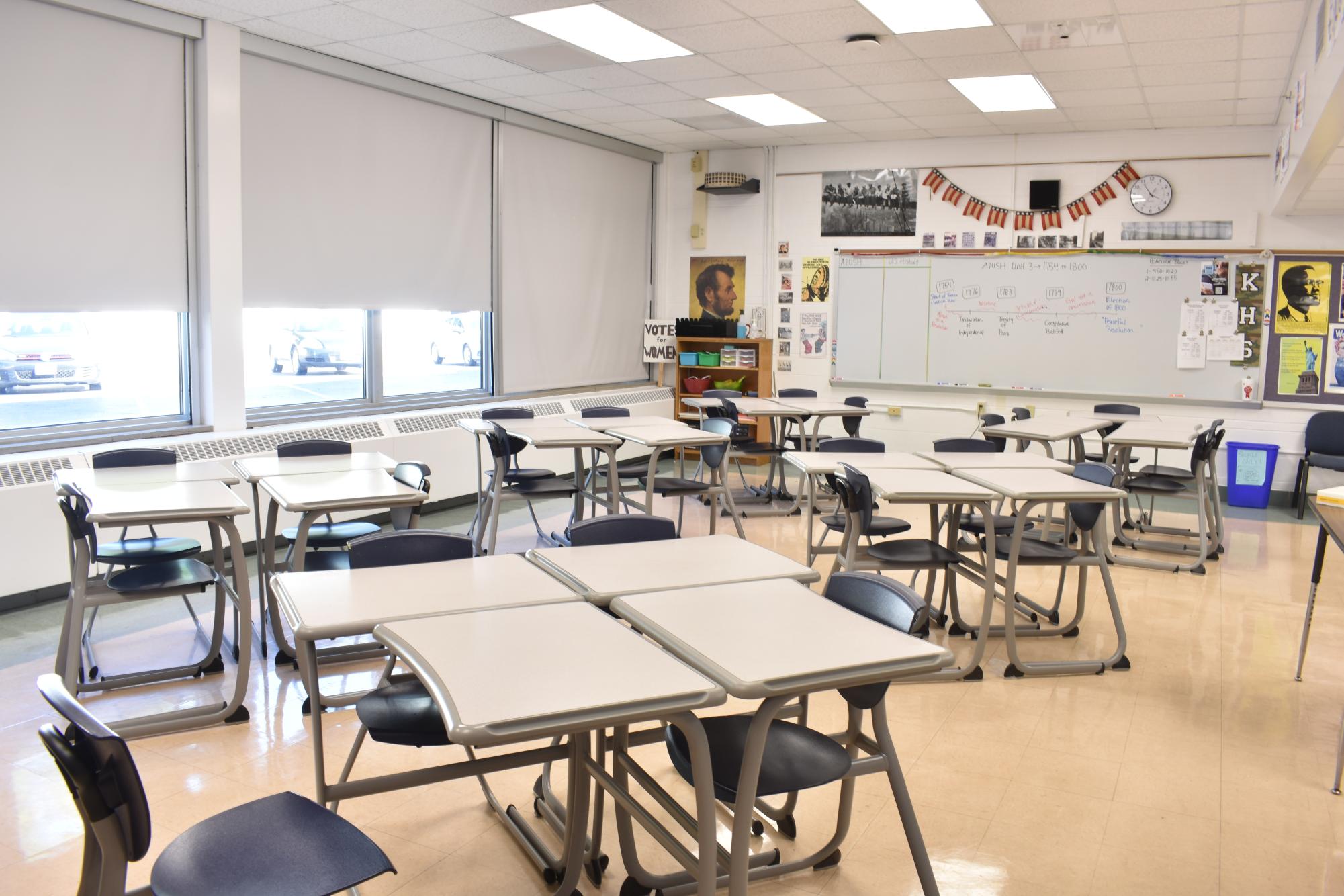Issues: Standardized test prep affordability
photo by Will Rives
With a TI-84 calculator and No. 2 pencil trapped in a sweaty grip, high school students across the United States file into freezing classrooms at 8 a.m. on a Saturday to take a test. A test thought to be an equalizer, to level the playing field between college applicants from all schools, ethnicities and backgrounds. Joshua Jaworowski, college counselor, said in the last five years he has observed a notable increase in students signing up for private ACT tutoring and prep courses. Among the hundreds of KHS students who walk into his office, he said some are already at a disadvantage in the college admission process solely because they cannot afford prep.
“Let’s say you take Mr. Becker’s Honors Chemistry class, for example,” Jaworowski said. “Every student enrolled in the course has access to that teacher’s guidance. But it’s not the same for the ACT. Not every student has access to unlimited ACT prep that can target their specific needs.”
In a report released by the ACT in 2012, students with a household income of $80,000 or higher had an ACT Composite score of 23.4 as compared to 19.8 for students with an income of less than $80,000. In 2016, the gap widened as the average ACT Composite score was reported as 23.6 from higher income students and 19.5 from lower income students. Prep courses through the Princeton Review start at $167 per hour, and enrollment in online courses starts at $70.
Dr. Michael Havener, KHS principal, said KSD regularly discusses the possibility of offering an ACT prep class as an optional elective course to students. In the past, ACT prep has been offered as a summer school course, but KSD currently lacks the necessary staff willing to grow its popularity.
“It’s always on our radar,” Havener said. “We’ve had requests from students and parents and it’s always been something we want to provide.”
On the other end, colleges have begun to reconsider the weight placed on ACT and SAT scores in their application process. According to The Washington Post, over 180 accredited universities no longer require applicants to submit SAT or ACT scores. University of Chicago, a highly selective school, announced Sept. 20, 2018 that they would no longer require standardized test scores as a portion of their application. Vice President and Dean of Admissions at University of Chicago Jim Nondorf said the Board of Admissions wanted to “make sure they were fair to every group” in an interview with the Chicago Tribune. Even with a perfect score of 36, Eli Boshara, senior, finds many inequities in the college application process.
“Right now, colleges put so much emphasis on scores,” Boshara said. “Although I’m happy with mine, I’m also really glad that colleges are weighing it less and less because it’s definitely an unfair standard. I’m just one of the lucky ones.”
Although Boshara had three sessions with a private tutor, he admits that most of his prep work occured on his own time. He said he purchased an official ACT book for about $30 and studied every night for a month, teaching himself and taking practice tests. Although guided lessons give students with the access to trained instructors, Boshara believes there are also widely available, cheaper ways to study that depend completely on the student’s initiative.
With high schools and colleges contributing to make the process more flexible for college applicants of all incomes, admissions offices become one step closer to truly being able to review an application that reflects a student’s performance during their four years of high school. Jaworowski said ideally, offering the same preparation resources to every high school student will more accurately equalize the applicant pool.
“I’d love to see more resources and opportunities offered to all students,” Jaworowski said. “Every year it’s harder to watch students compare scores and think they’re not good enough.”
What’s being done:
According to Dr. Havener, KHS principal, prospects of introducing an ACT prep class as an elective course is on the horizon. As high schools work to better prepare their students, selective universities across the country are stripping standardized test scores as a requirement from their application. Both sides are working to relieve stress from college applicants and allow them to feel more secure in their holistic application.
Your donation will support the student journalists of Kirkwood High School. Your contribution will allow us to purchase equipment and cover our annual website hosting costs.

Interests: band ten hut! PRIDE, german club prez, link cru, nhs, the coalition, gapp exchange program <3
Favorite quote: “me: h-
call staffer...

Interests: Pushing the limits of space and time
Favorite quote: “Dying is mainstream #MONEY” Jaden Smith
Favorite food: Human Feet
If you had to...












